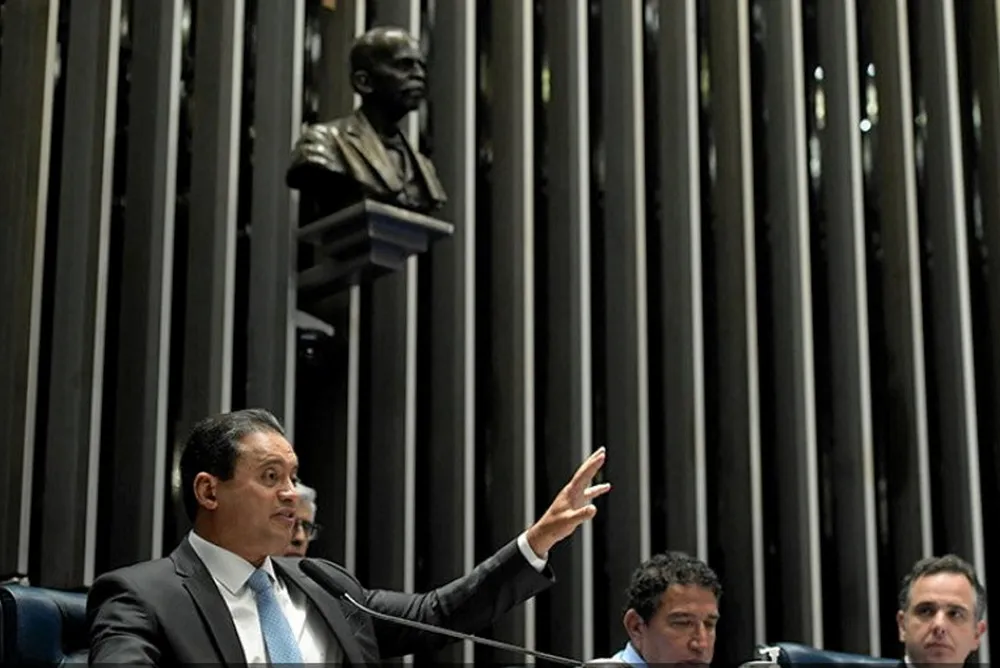Crucial Brazil offshore wind bill makes it across the line
Nation plans to stage an inaugural offshore wind tender next year, but much time has already been lost

The Brazilian Senate has at last approved a bill that will create the regulatory framework that the nation needs to go ahead with plans for a maiden offshore wind tender.
The offshore wind bill — originally drafted by former Petrobras CEO Jean Paul Prates when he was still a senator — was approved by Brazil's lower house as long ago as December 2023 and will now go for presidential sanction.
Most of these amendments had little or nothing to do with offshore wind, and in some cases offered new subsidies for coal and natural gas.
Submission of 97 environmental permitting proposals adding up to more than 230GW of potential projects has showed the level of interest, even allowing for the fact that these developer-led applications were on a preliminary, fee-free basis, and were often on overlapping areas.
“Something that we expected three years ago has finally materialised as something that is viable and necessary for Brazil," said Elbia Gannoum, head of Brazilian wind industry association ABEEolica.
In its statement, ABEEolica said it expected amendments unrelated to offshore wind to be removed at presidential level when the bill is submitted for sanction.
Brazil will host the COP30 climate summit next year and plans by oil major Petrobras to redouble its investments in the exploration and production of oil and gas have put the spotlight on the credibility of the country's plans for reducing emissions and combatting deforestation.
Roberta Cox, policy director for the Global Wind Energy Council (GWEC) expressed optimism that Brazil can regain momentum.
“While waiting for this bill to process, the public and private sectors have been engaged in productive discussions to ensure we build on the momentum this bill delivers," she said.
"The industry has published standards, agreements and partnerships have been signed and research work has been carried out. Now is the time to get down to work. Continuing our collaboration, we can accelerate this new industry and develop offshore wind power in Brazil."
The bill has also been described as an important step in a new era of reindustrialisation in Brazil, given the country's existing supply chain for onshore wind, a strong offshore industries sector and potential for the adaption and expansion of ports.
(Copyright)